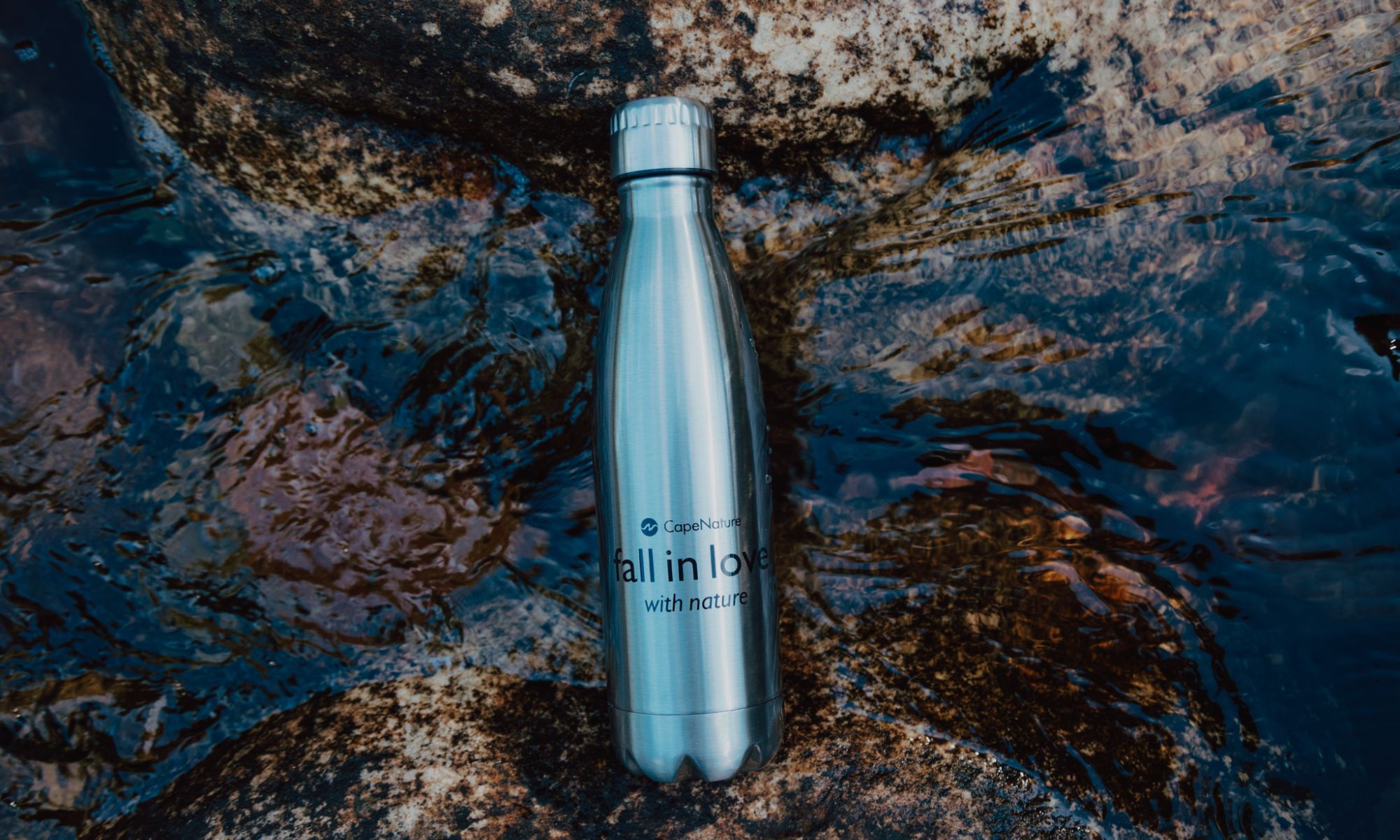
CapeNature Welcomes Dr Ashley Naidoo as New CEO
CapeNature is pleased to announce the appointment of Dr Ashley Naidoo as its new Chief Executive Officer, following an extensive recruitment process conducted by the Board. Dr Naidoo joins the entity after most recently serving as the Chief Director for Oceans and Coasts Research at the National Department of Forestry, Fisheries, and the Environment.
Dr Naidoo commenced his duties on 1 January 2024 and succeeds Dr Razeena Omar, who retired at the end of last year after serving in the role for the past decade.
In his previous role, Dr Naidoo managed comprehensive ocean science programmes encompassing biology, physics, and chemistry, with a focus on the South African coastal and deep-sea ecosystems. He also previously served on the Board of the South African National Space Agency, focusing on Earth observation applications for the ocean environment.
Dr Naidoo's vision for CapeNature is deeply rooted in his belief of the essential transition from environmental science to policy and implementation. With a keen focus on governance, he acknowledges CapeNature's exemplary procedures, stakeholders, and the connection the entity has with the people of the Western Cape.
“I see CapeNature as the ideal place for the transformation of science into policy and, most importantly, into implementation,” remarked Dr Naidoo. “The entity’s stellar governance, engaging outreach, and commitment to conservation make it a prime platform for bridging the space between science and policy implementation.”
Expressing his eagerness to delve into the entity, Dr Naidoo envisions enhancing CapeNature’s relevance to the Western Cape community. He aspires to position the protected areas managed by the entity as more than just a holiday destination but a continuous conservation, educational and scientific resource, emphasising its potential to contribute significantly to climate change studies.
"One of the attractive features of CapeNature is its integrated approach. Conservation, tourism, education, and science are interconnected, creating important feedback loops. I look forward to strengthening these connections, fostering a highly skilled team, and building strong ties with the education sector," he said.





